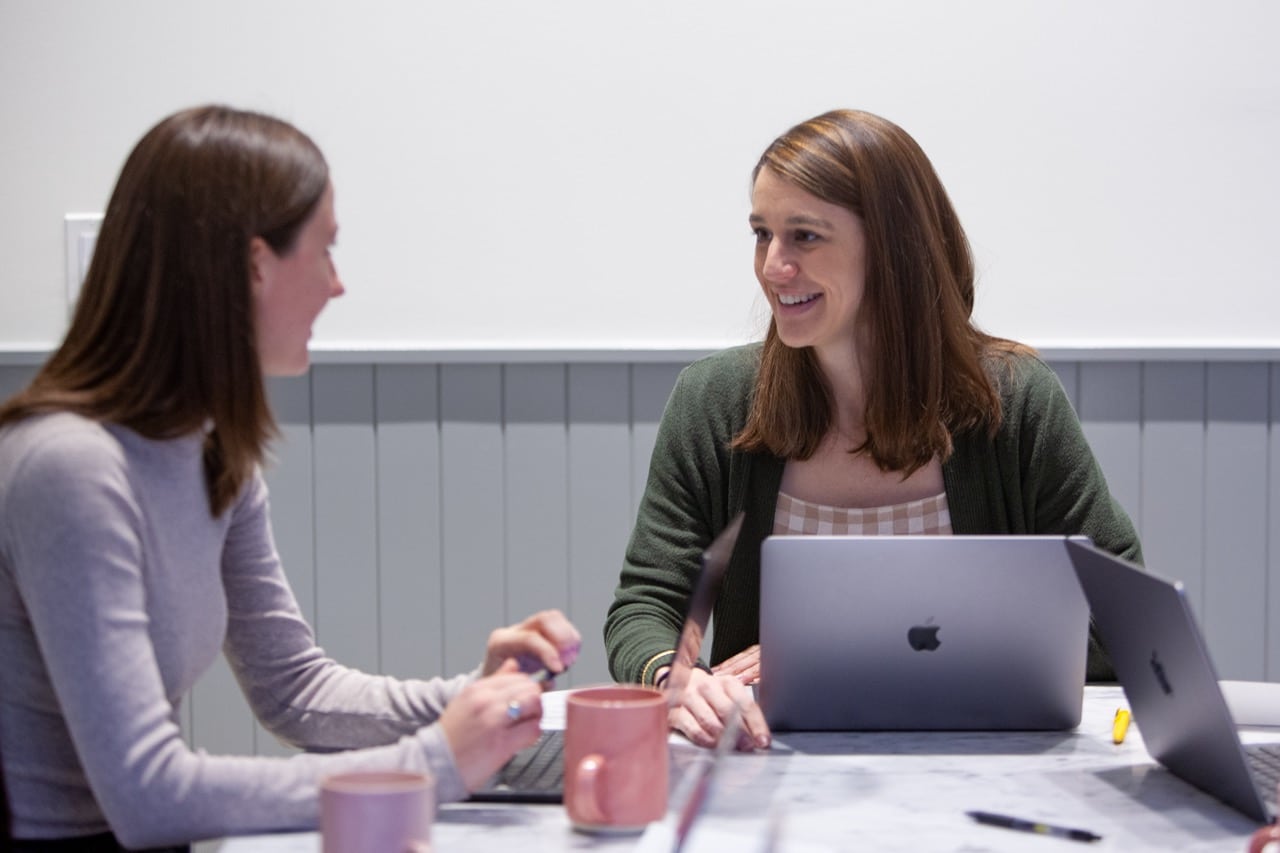According to Wellable Labs, this year 90% of employers surveyed plan to increase their investments in mental health programs, and almost three-quarters of those employers expect that these programs will be virtual. Lucky for us, folks in Reverb’s network are experts at finding creative, innovative ways to support their team’s physical and mental well-being. So we did a little crowdsourcing and asked the experts:
✅What’s one tip, service, or practice you’ve found most helpful?
Keep in mind that mental health and wellbeing are personal – there’s no one size fits all. It’s always a good idea to start by surveying your team and asking them for their input and ideas. This will not only help with buy-in but will also let team members voice what’s going to work best for them.
Brian Mark | Principal Consultant-Owner, The Organizational Health Collective
I remind them in almost every engagement (team meetings, 1:1s, unit huddles, impromptu meetings) that it’s okay to take time off and to put themselves first. Then I model it through taking time off for my own physical and mental well-being. I’m not sure it’s innovative but it seems to be an uncommon experience for employees I’ve had work for me, with their past supervisors.
Yufa Li | HR Business Partner/Talent & Development, CertiK
I would suggest starting small like walking meetings, starting the meeting by offering a minute of “arrival” time (ask yourself what do I need at this moment, the answer is most likely water :), helping your team to set boundaries (schedule your emails to be sent during the day etc…).
Cynthia Patterson
It’s hard to choose just one (!)
With IM platforms like Slack, there are great ways to signal to others that you’re taking personal or work focus time—snoozing Slack, etc. Clockwise is a popular Slack app that people at my company uses to share [their] working hours (flexibility is critical.) We’re also mindful about using Slack’s schedule feature to go out at a certain time (respecting time zones/working hours), and use email for non-emergent items.
As part of creating a culture around wellness, employee-inspired programs are really impactful. At one company, I loved that every day at 2:15pm, people would make their way to a common area and do 15 min of exercise. Sometimes, there would be 30 or 40 of us, quietly doing planks together. The intentionality of the practice has stayed with me.
Jeanne Schreuder | Vice President, People & Culture, Adaptive Biotechnologies Corp.
Take some time to themselves. Start the day later, take a longer lunch, end the day a little early, take a mental health day. Disconnect and recharge.
Amanda Shafer | Experience Manager, Parker Staffing
We always hear “have empathy” for this and that but we never really have a full grasp of what that means because… It’s received differently by everyone. Here’s my advice:
Learn about yourself. Like actually take a deep look and really devote a huge chunk of time to learn about where your thoughts, ideas, and feelings stem from. Figure out YOUR communication style. And then, do yourself a solid and be transparent with people about your boundaries – you’re just trying to keep your brain and body healthy!!
⭐ Encourage your team to complete a DISC assessment and share the results amongst yourselves… Be prepared to have a good laugh and say “That is so you!” a lot!
Karthik Sivakumar | Senior Vice President, Supply Chain Operations, Babylist
In our weekly team meetings, we start with a personal win or learning or gratitude. This has helped us connect on a personal level esp when we are still meeting virtual. As a leader, I am regularly checking in on my team and helping them prioritize or even push out due dates on noncritical tasks.
Kylie Aberle | Marketing Manager, Reverb
I think it’s important to approach wellness from a holistic point of view too, and recognize how so many “wellness” practices can be incredibly triggering and harmful for groups that struggle with disordered eating, orthorexia, etc. They can also be pretty ableist. No more step count competitions, diet talk, weight loss conversations, labeling food as good/bad in front of colleagues…
In summary – breaks and downtime are key to all of our well-being. Knowing, setting, and communicating boundaries is something you can do for yourself and teach others by example. Mental health and meditation apps are gaining in popularity. Different folks need different things so ask your team what works for them and offer many options as a way to find at least one thing that each person can take advantage of.














